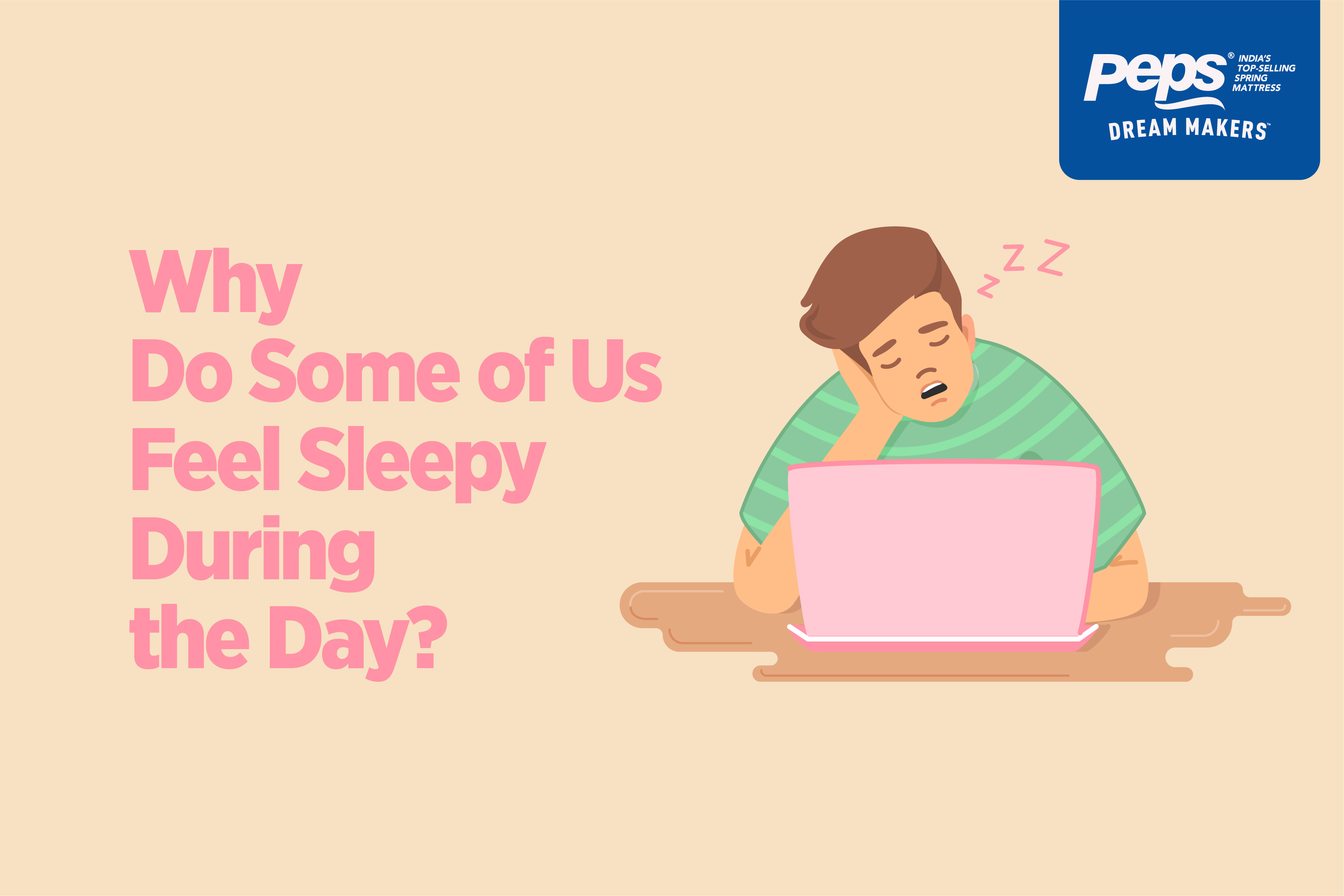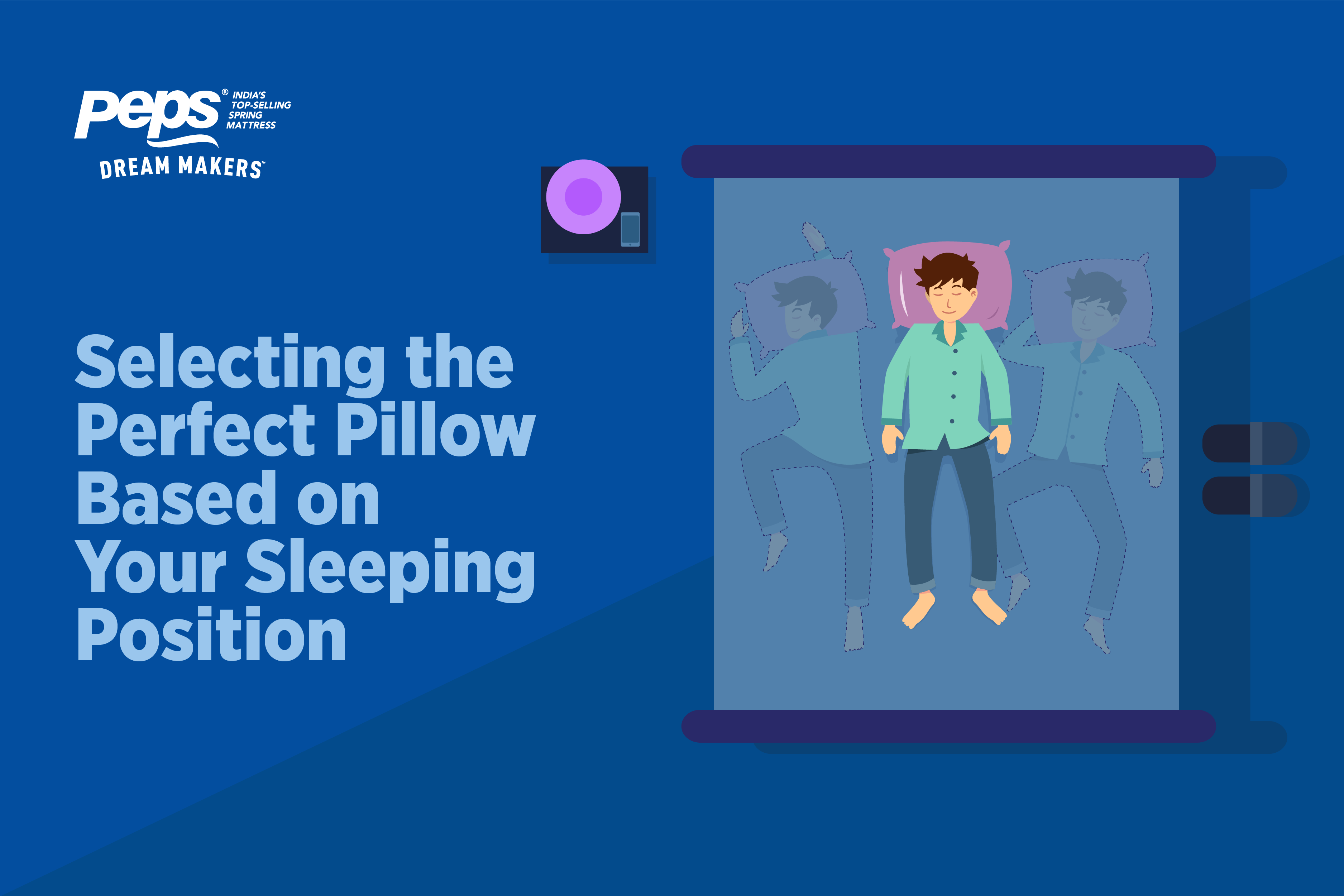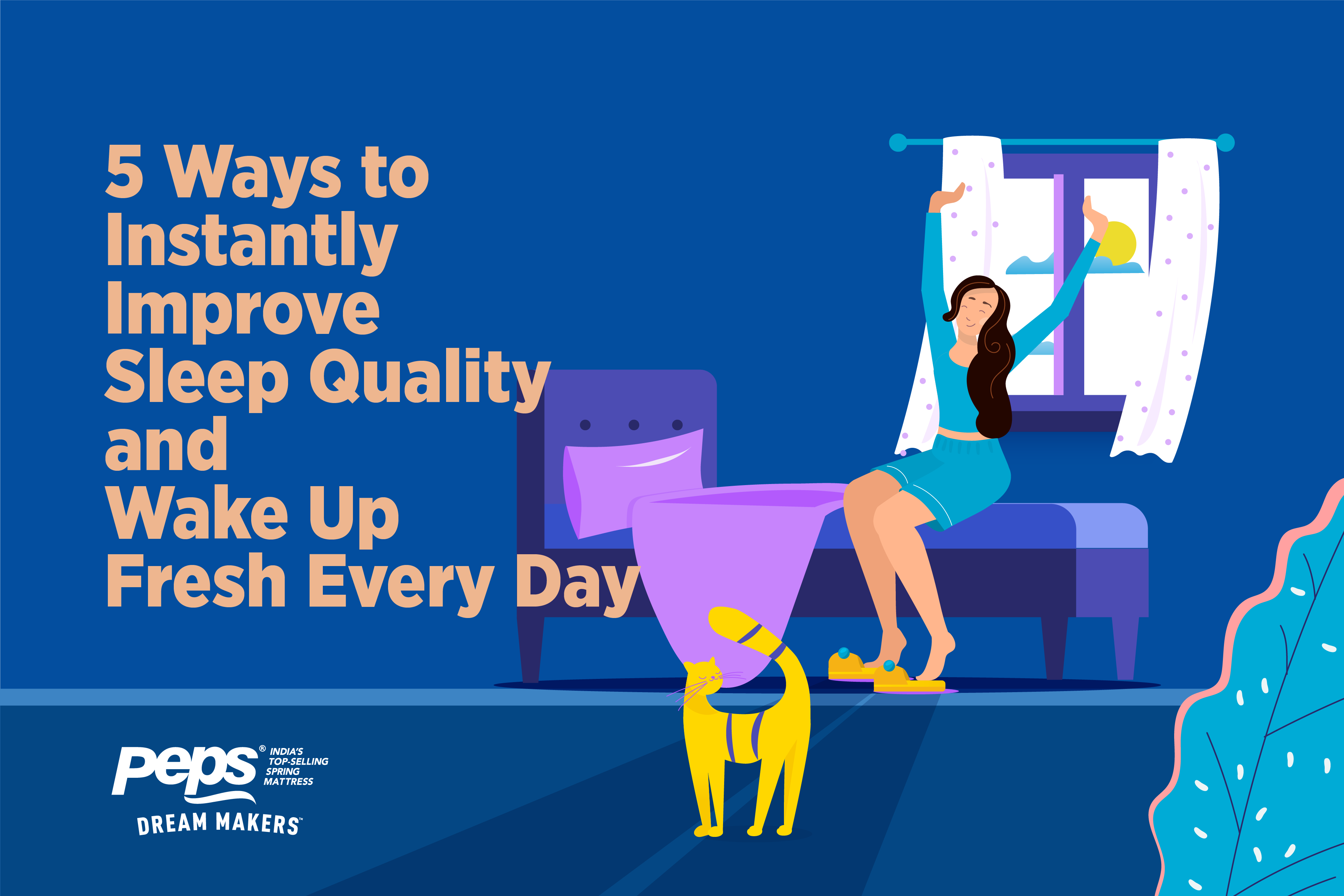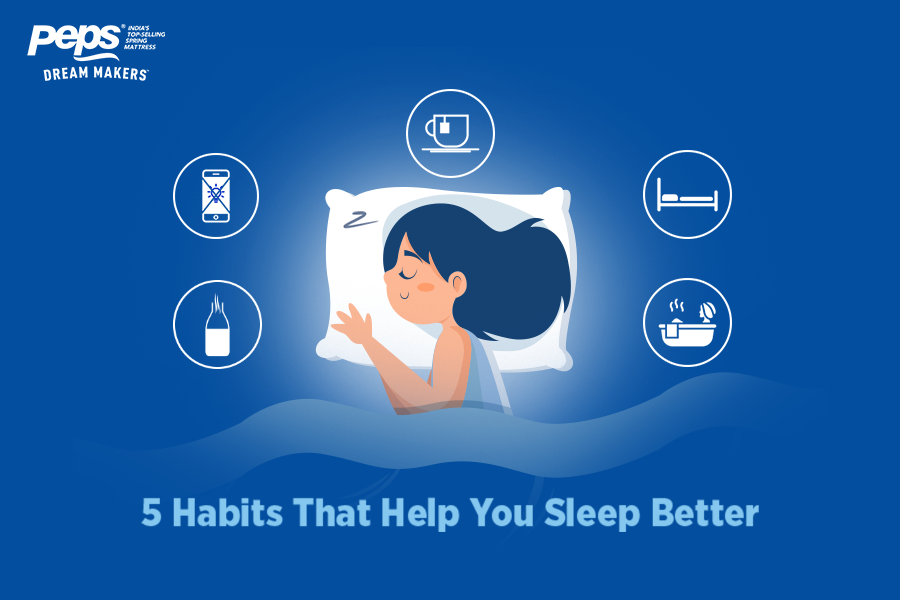
Living a fulfilling life and achieving one’s potential requires a person to be alert, focused and even active throughout the day. But this is not always an easy task. Take Anusha’s life for example. Young, well qualified, confident and articulate, she is a manager at a multinational organisation. But there’s one thing that’s coming in the way!
Between the gym, taking care of her parents, an engaging job, and her social life, Anusha works a busy schedule. And often, she misses the gym in the morning as she snoozes through three alarms, back-to-back. Sleep, it seems, is not her best friend. When she tries to sleep early at night, she either ends up texting her colleagues about work, or watching the next season of the latest drama series. As a result, she always stays awake past her bedtime and struggles to wake up fresh in the morning.
Usually groggy and late, Anusha starts her day anxiously and in a rush. Even when she finally reaches the office, she struggles to think straight and is often struggling to keep her eyes open. Passing the day in a worrisome haze, without taking the time to hydrate herself. She often skips lunch or postpones it by a few hours. Her colleagues constantly try to get her to take a break, but she often skips them too. Finally, when she leaves her office, everybody has already left. She is often unsatisfied with her work and productivity.
Once she is home, she chugs down a hot cup of coffee, and finishes off a presentation she was supposed to send out earlier. After work, she lazily finishes off her dinner, and heads to her bed right after. After tucking herself in, Anusha is unable to sleep right away. She is still thinking about her presentation and cannot stop to worry about an important meeting scheduled to happen on the next day.
However, she falls asleep determined to hit the gym the next morning, no matter what. But there she is again, snoozing through her alarms, trying to gain all the restful sleep she can. And the cycle just continues. Can you relate to Anusha? Read on, we will shortly explore some solutions!
Feeling sleepy in the middle of the day can hamper productivity and also your ability to focus and pay attention to priorities. And as we can see from Anusha’s story, this can affect all aspects of one’s life.
So, Why Do So Many People Feel Sleepy During the Day?
There might be more than one answer to that question and the reason that’s true for one person might not be valid for all. Sleep is an incredibly crucial biological process, and plays a vital role in preparing us for the next day. While sometimes there might be medical conditions causing sleepiness, we’ll be exploring the everyday instances that affect sleep and how you can overcome them.
1. Poor Sleeping Habits
The reason behind feeling sluggish, slow and even sleepy might be a simple one- you aren’t able to get sufficient amounts of uninterrupted sleep. From Anusha’s case, we know that an early morning starts the night before. Hurdles like unhealthy sleep hygiene, due to social, work or even habits, that over time can damage your circadian rhythm.
Not getting enough sleep occasionally might not be something to sweat over, but losing one hour of sleep daily can become a vicious cycle of anxiety, unrest and exhaustion. The missed hours mount up, contributing to what is popularly known as sleep debt, the accumulation of sleep deprivation.
When sleep debt is not recovered, it takes a toll on the body and can lead to groggy memory, dysfunction, mental fog, fatigue, drowsiness, and can even lead to mood swings during the day.
2. Mental Health and Stress
There is an essential relationship between mental health, stress and sleep. These factors are related to such an extent that, experiencing recurrent sleep problems increases the risk of developing increased mental stress. In Anusha’s case her sleep problem causes her continuous anxiety, and this affects her professional and personal lives on a daily basis.
To decrease stress it is advised by many practitioners to add positive emotions from new hobbies, places, aquiantances or tastes in your life. You may go at the stendup show with your friends (but don’t overdrink), crochet a sweater or simply play some online slot games with free spins bonuses and win some easy money which you may spend on something pleasant for you.
Scientists have discovered that a disruption in sleep affects stress hormones and neurotransmitters, impairing emotional responses and thinking. This way, sleeping disorders may amplify mental stress and vice versa. Your mental state can have a direct impact on the way you feel during the day and even your levels of productivity.
3. Lifestyle Factors
Lifestyle plays a critical role in the level of alertness one has during the day. Factors such as food, water consumption, level of physical activity, social connectivity, and also the nature and style of work can make a world of difference.
A healthy balanced diet, for example, will help you be alert and attentive during the day while a heavy, unhealthy meal will slow you down. In the same way, consistent hydration during the day will ensure healthy blood circulation in the brain, causing you to be in a state of awareness.
Regular exercise and regulated amounts of physical strain also provide good sleep, therefore, resulting in increased freshness the next morning.
Even our relations with others play a role, as positive social interactions cause us to be in the right headspace and can reduce stress. And lastly, the nature of one’s work affects how active one feels during the day. If one works an unengaging sedentary job, the chances of them feeling sleepy during the day are higher than someone who is meaningfully engaged at work while being able to take short breaks for physical activities.
So what’s the way out? We are glad you asked. While there isn’t a single solution, there are small steps you can take to help restore your sleep schedule:
- Begin by developing a consistent sleeping pattern by waking and sleeping at the same time, every day
- Eliminate sugar, alcohol, caffeine, and nicotine before bedtime
- Stop snoozing and wake up the moment your alarm clock goes off
- Limit naps if they negatively impact the quality of sleep you get at night
- Use the right kind of mattress, you’d be surprised how much difference a mattress can make
- Eating dinner before bed will activate the digestive system and may keep you up; hence, avoid snacking or having a meal just before bed
- Reduce stress by practising meditation and breathing techniques, either at the beginning or throughout the day
- Sleep in a quiet, and dark room with a comfortably cooler temperature
Sleep affects our daily functioning. So let’s take some lessons from Anusha’s life and start making small changes in the right direction. While big changes aren’t accomplished in one day, considerable sleep progress can be made by starting to change night time habits for the better, one night at a time. So start right away, and feel free to tell us how you’ve been able to improve your sleep and and as a result, your life too.
However, if your sleeping patterns are still getting in the way of your everyday responsibilities and basic sleep hygiene practises aren’t working for you, we recommend seeking help from a trusted healthcare provider.









